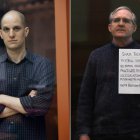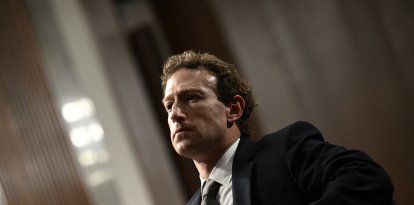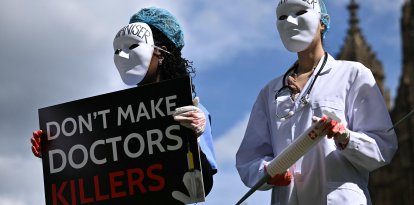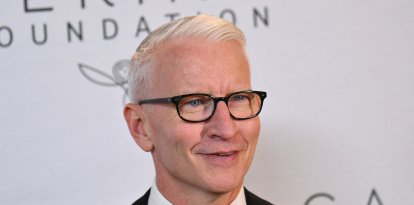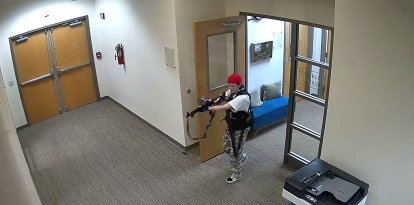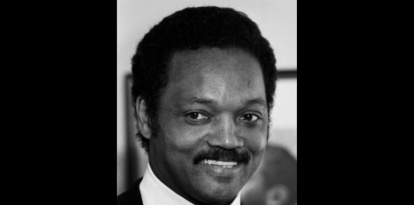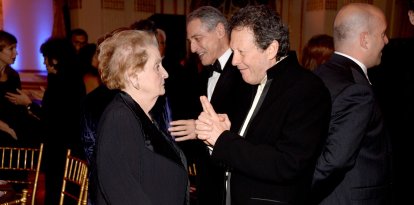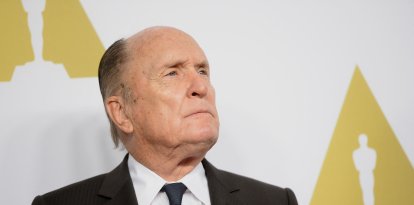The negotiations to free Evan Gershkovich: three continents, spy agencies and political calculation
According to Turkish intelligence, in charge of finalizing the deal, it was one of the most complex prisoner exchanges in recent years.
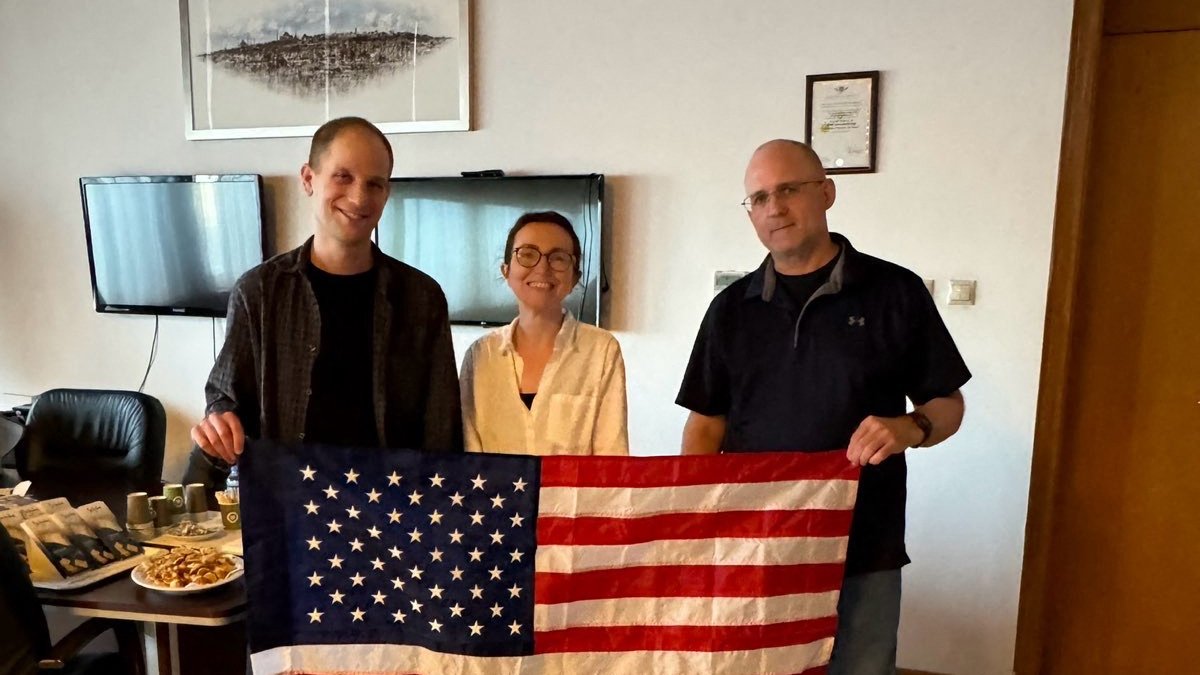
Evan Gershkovich
After 491 days in detention, Russia released Evan Gershkovich. The journalist for The Wall Street Journal had been behind bars on Russian soil since March 2022, after being charged and then convicted of spying for the CIA. The extensive and complex process toward his release involved countless hours of negotiations and the involvement of many countries. It was defined as "one of the most complex prisoner exchanges in recent history."
The 32-year-old reporter learned Russian with his parents and built a background based on that knowledge, information and analysis about the region. Before joining the WSJ in 2022, he worked from Moscow the Agence France Pressand the Moscow Times.
On that March 29, 2022, Gershkovich was going about his normal working day and was having dinner in a restaurant when he was untimely detained by Russian authorities.The excuse? Being an American spy for the CIA.
Gershkovich was then transferred to Lefortovo prison, where he was kept 100 percent isolated from the world. Indeed, he spent 90 percent of the day locked in a small cell, from which he tried to follow the results of his soccer team, Arsenal.
That ordeal came to an end on Thursday, August 1, when he was suddenly put on a plane to Turkey, where his freedom was finally secured;
The negotiations to free Gershkovich were like this
According to the Turkish Government, they carried out "the largest prisoner exchange operation in recent times, involving the exchange of 26 people from prisons in seven different countries (United States, Germany, Poland, Slovenia, Norway, Russia and Belarus)".
Among the bargains was Vadim Krasikov, a contract killer who was of special interest to Vladimir Putin. Quite confidently, Krasikov had claimed that "the Russian Federation will not let me rot in jail."
The assassin was not a casual choice. Ella Milman, the journalist's mother, studied Krasikov's case for 16 months, aware that he could be an interesting bargaining chip for Putin.
As reported by the WSJ in an extensive piece that explained the behind-the-scenes of the negotiation, the process lasted months, with the participation of "prime-time TV hosts, Silicon Valley billionaires and Russian oligarchs," including an "unlikely duo of Tucker Carlson and Hillary Clinton had played supporting roles in pushing the talks."
In turn, they noted that the main players in the negotiations were the United States and Germany. The State Department even created specialized offices for the case with approximately two dozen people working on the journalist's release.
Back to detention, reports from the cited media outlet indicated that Putin saw the journalist as a potential hostage to negotiate Krasikov's subsequent release, which the German government rejected time and again. "If the Biden administration does not exchange Krasikov for Whelan, then perhaps it will do so for the correspondent of a major U.S. newspaper," explained the WSJ;
On the inside, the strategy fell into the hands of Jake Sullivan, Joe Biden's national security adviser and one of the most powerful people to hold the position in recent years.
"The problem would be releasing Gershkovich, fulfilling the president's duty to an illegally detained American, without encouraging autocrats to arrest some other journalist, somewhere. For now, the White House would send the Kremlin a clear message: Gershkovich was not a spy and should be released immediately," the WSJ added;
The problem now was to convince Berlin to release Krasikov. There, dozens of intermediaries were involved, some well-known such as Bulgarian investigative journalist Christo Grozevand Russian businessman Roman Abramovich, who made significant progress in the discussions.
The sticks in the wheel were not long in coming from the Germans. Foreign Minister Annalena Baerbock, of the country's highest diplomatic authority, was "appalled by the precedent of releasing a professional killer sent by Putin."
">Paul Whelan, Evan Gershkovich, and Alsu Kurmasheva are on their way to the United States to reunite with their families. I’m grateful for all of those who worked to secure their freedom and for our allies and partners who made this deal possible.
— Secretary Antony Blinken (@SecBlinken) August 1, 2024
"Some time later, Chancellor Olaf Scholz's chief of staff, Wolfgang Schmidt, met with a group of journalists and editors of the Journal in an office a mile from the murder site and relayed the message: 'It may not be easy for us, but it is possible,'" they added.
However, the first offer from the Biden Administration was not very satisfactory to Moscow. They were offering four undercover agents from Russia's foreign military and intelligence agencies, all of them detained in Europe.
At this point came the intervention of Tucker Carlson, who, both privately and publicly, pressed for the journalist's release. After his interview with Putin, the president offered him a guided tour of the Kremlin, during which Carlson reminded him of the journalist's case. "Why are you doing this? It's hurting you," he told Putin, who blamed Washington for not making the appropriate offer.
That same night, Scholz traveled to DC to define with Biden a new strategy. "At the end of an hour-long meeting with Biden, the leaders formally agreed: their countries would consider Krasikov as the centerpiece of a deal that would free numerous prisoners, including Navalny, Gershkovich and ex-Marine Whelan," they continued from the WSJ.
In May of this year, the Germans negotiated some terms of their own. Once the "price" was set, some meetings followed during June and July, between U.S. intelligence officials and their Russian counterparts, while the Germans held other meetings in parallel.
"In Washington, Sullivan rushed to close the deal just as an open insurrection broke out from Democrats hoping Biden would end his bid for a second term," they added of the WSJ.
The logistics were already looking complex, given that it also included two other imprisoned journalists, Russian political prisoners, four Germans and undercover spies from Slovenia, Norway and Poland. The CIA director flew to Ankara, the site of the exchange, to discuss logistics with Turkey's spy chief.
Before formally leaving Russia, Gershkovich had to sign an official request for presidential clemency, addressed of course to Vladimir Putin. Osado, the journalist was encouraged to request an interview with the Russian president once his release was finalized.





